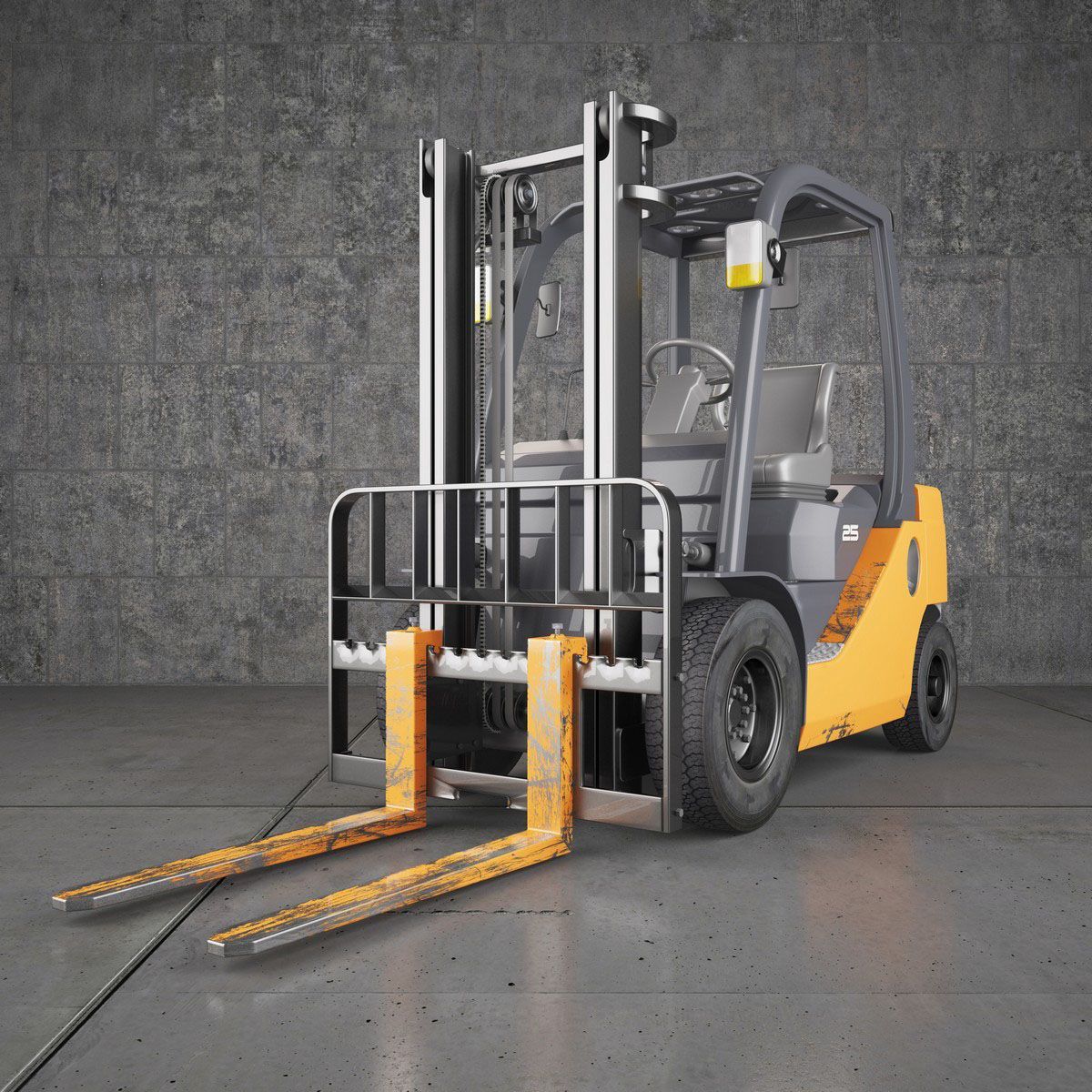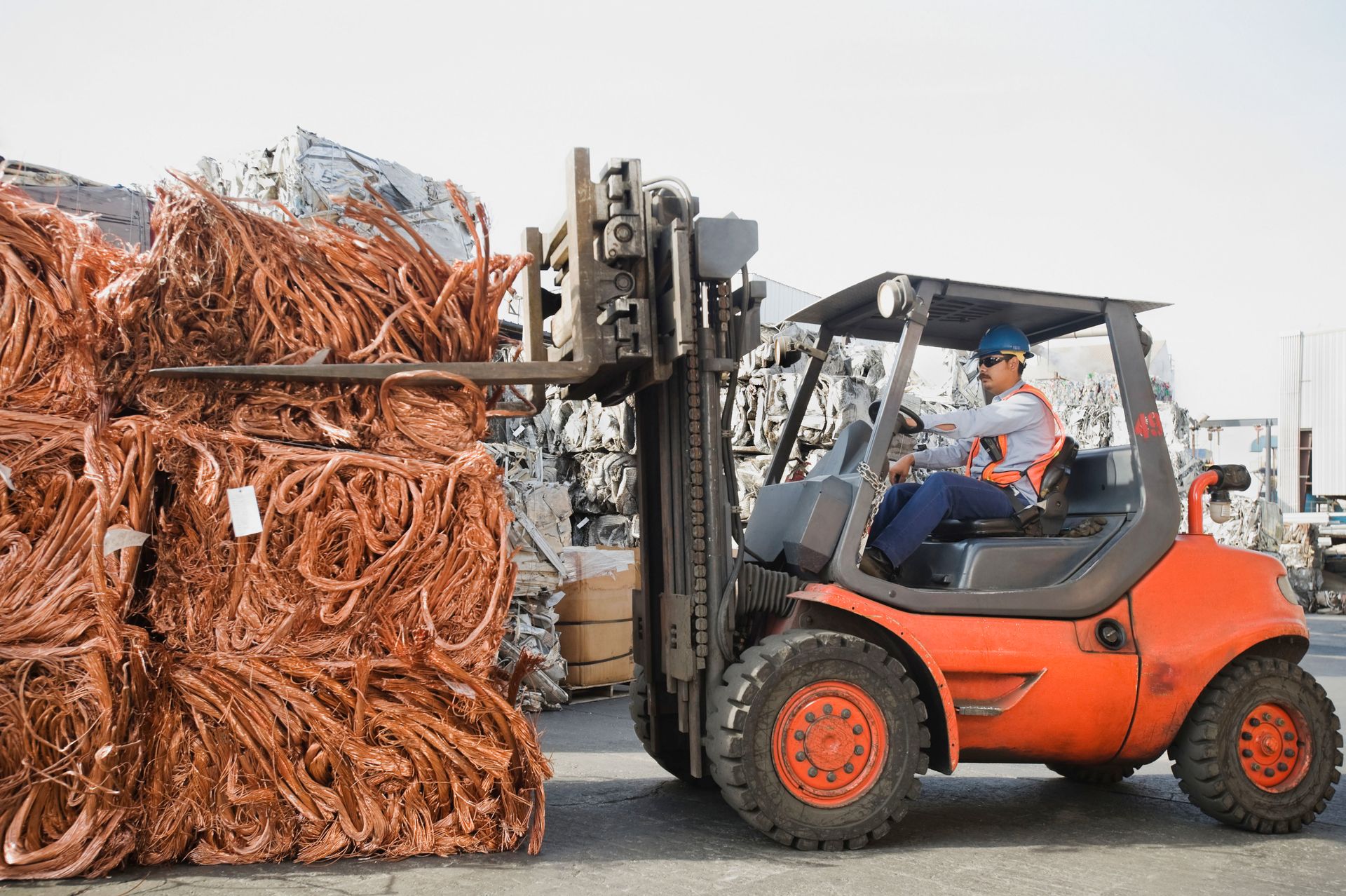October 13, 2025
When it comes to material handling, the forklift is one of the most indispensable pieces of equipment. Choosing the right one can significantly impact productivity, safety, and the overall efficiency of your operations. With so many models, sizes, and power options available, the forklift market can feel overwhelming to navigate. That’s why having a clear guide to forklift sales and selection is so important.
forklift salesThis article will walk you through the essential considerations for choosing the right forklift for your business, from understanding the different types available to determining the appropriate lift capacity, fuel source, and post-purchase support. By the end, you’ll be better prepared to make an informed decision that protects your investment and keeps your operations running smoothly. With the right knowledge, you can approach forklift sales confidently and select equipment that truly supports your long-term goals.
What Type of Forklift Is Best for My Business?
Not all forklifts are created equal, and your business’s unique operations should guide your choice. For instance, if you work in narrow warehouse aisles, a reach truck or narrow-aisle forklift might be the best fit. These are designed to maneuver efficiently in tight spaces while maintaining strong lifting capabilities. On the other hand, if your business involves heavy outdoor loads on rough terrain, you may need a rough-terrain forklift equipped with larger tires and greater ground clearance.
Counterbalance forklifts remain one of the most common choices across industries because of their versatility. They are straightforward to operate and capable of handling a wide range of materials. Pallet jacks and walkie stackers serve businesses with lighter material handling needs, offering a more economical choice. Specialty forklifts, such as side loaders or telescopic handlers, are also available for businesses with unique requirements like handling long, bulky materials or stacking at great heights. By understanding these distinctions, you can narrow down your search more effectively.
Before browsing forklift sales, evaluate your facility’s layout, the weight of materials handled daily, and whether your operations are indoors, outdoors, or a combination of both. Matching your forklift type to your environment ensures smoother operations and prevents costly mistakes.
How Do I Determine the Right Lift Capacity?
Lift capacity is a defining factor when choosing a forklift. Overestimating your needs could mean unnecessary spending, while underestimating them could lead to dangerous working conditions and equipment failure.
Forklift capacity is measured in tons or pounds and typically ranges from light-duty models capable of handling a few thousand pounds to heavy-duty machines that can lift well over 30,000 pounds. According to Mordor Intelligence, forklifts with a load capacity of 5 to 15 tons dominated the market in 2024, accounting for 42.10% of the global share. This reflects the demand from industries such as manufacturing, logistics, and construction that require substantial lifting capabilities but also need versatile, cost-efficient machines.
It’s also important to think about how frequently you’ll be lifting at maximum capacity. A forklift that often operates near its upper limit may wear down faster, while one that comfortably handles your average load will last longer and require fewer repairs. Additionally, consider future growth—if your business is expanding, selecting a forklift with slightly higher capacity may prevent the need for another purchase sooner than expected.
To determine your needs, consider the maximum weight of the loads you handle most frequently. You should also account for load dimensions, as a load that is wider or taller may reduce the effective lifting capacity of your forklift. Consulting with forklift sales professionals can help ensure you choose a machine that meets both your weight requirements and your operational environment.
Which Fuel Type Should My Forklift Use?
Another critical decision involves selecting the right power source. Forklifts are available in electric, propane, and diesel models, each with advantages and trade-offs.
Electric forklifts are increasingly popular in warehouse and distribution settings. They produce zero emissions, making them ideal for indoor use. While they may have higher upfront costs, their long-term savings on fuel and lower maintenance requirements can make them a cost-effective choice.
Diesel forklifts, on the other hand, provide superior torque and lifting power, which makes them ideal for outdoor applications and heavy loads. However, they produce more emissions and may be less suitable for enclosed spaces.
Propane forklifts strike a balance between the two. They offer good power output while producing fewer emissions than diesel models, and their refueling process is faster than recharging an electric battery. Businesses that operate both indoors and outdoors often find propane forklifts to be a flexible solution.
The best way to decide is by evaluating your facility’s ventilation, your average workload, and your sustainability goals. Reputable forklift sales representatives can provide side-by-side comparisons to help you identify the most efficient and sustainable option for your business.
What Maintenance and Support Should I Expect?
Purchasing a forklift is not just about the upfront investment—it’s about long-term reliability. Ongoing maintenance and timely repairs are essential for keeping equipment safe and operational. Before finalizing any
forklift sales deal, inquire about service agreements, warranties, and available support options.
Preventive maintenance should include regular inspections of the hydraulic system, brakes, tires, and mast. Electric forklifts require battery upkeep, while diesel and propane models need engine servicing. A good dealer will also provide access to genuine replacement parts and experienced technicians who can quickly address any mechanical issues.
Some forklift sales providers even offer on-site service contracts, allowing your business to minimize downtime. Since a non-functional forklift can halt operations, having access to reliable maintenance support can make a significant difference in your bottom line.
Where Can I Find the Best Forklift Sales?
Once you know what type of forklift you need, where to buy it becomes the next big decision. Trusted and authorized dealers are the best place to start. These businesses typically offer a wide range of new and used forklifts, financing options, and robust warranties. By going through an authorized dealer, you ensure the equipment meets safety standards and comes with factory-backed guarantees.
Another option is to explore online marketplaces that specialize in industrial equipment. These platforms can provide competitive pricing, but it’s important to verify the credibility of the seller and the condition of the forklift before making a purchase.
Local dealers often stand out for their personalized service and quicker response times. Building a relationship with a nearby forklift sales provider means you can get faster maintenance support and access to tailored recommendations based on your region’s common operational needs.
Remember to compare quotes, evaluate after-sales service, and read reviews from other buyers. The right seller should not just deliver the machine but also become a long-term partner in your business success.
Selecting the right forklift involves more than just browsing the latest models. It requires a thoughtful evaluation of your operational environment, lifting requirements, fuel preferences, and maintenance expectations. With forklifts in the 5 to 15-ton range leading global market demand, it’s clear that businesses prioritize both versatility and strength in their material handling equipment.
By working with reputable forklift sales professionals and authorized dealers, you gain access to expert advice, reliable service, and equipment designed to meet your long-term needs. Choosing wisely today means safer operations, higher productivity, and a stronger return on your investment tomorrow. If you need a reliable forklift, reach out to the professionals at Action Material Handling today!


